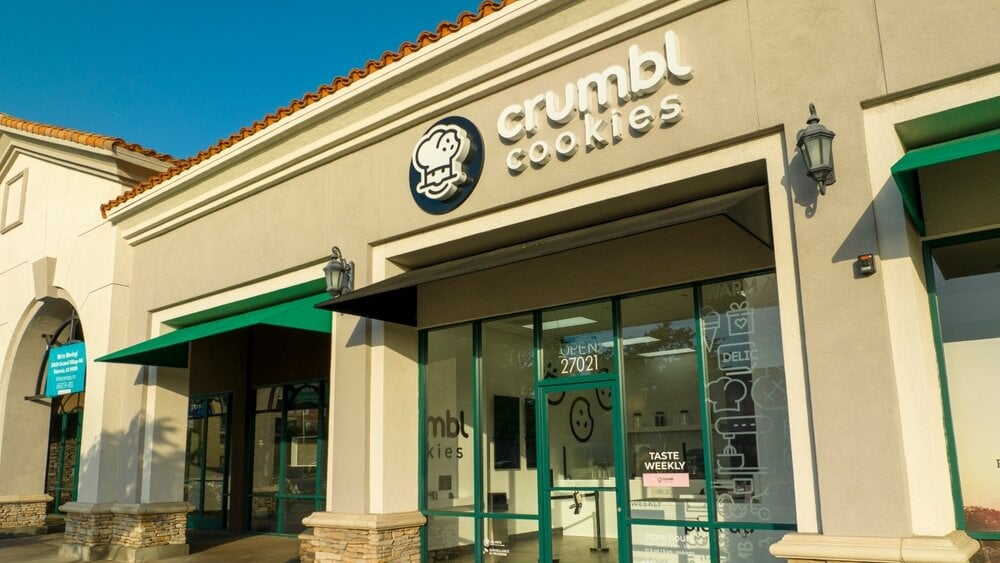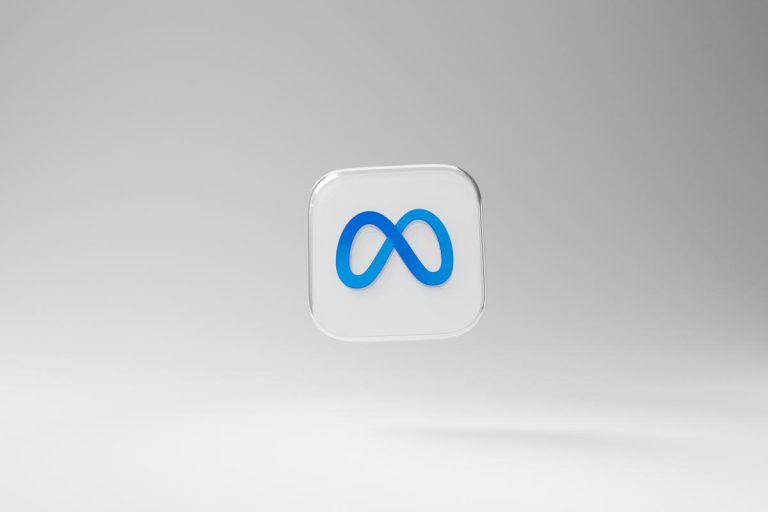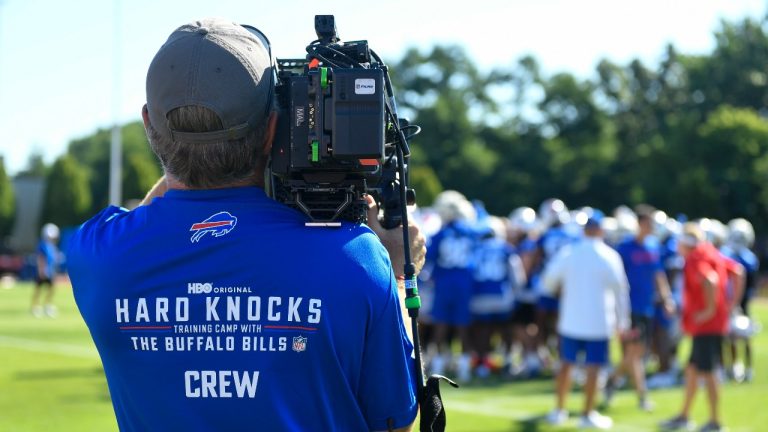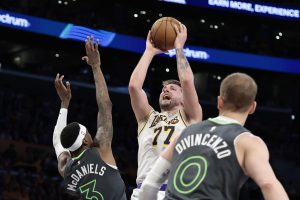Warner Music Group has sued US cookie chain Crumbl, alleging that it built its business through “blatant, willful, and repeated copyright infringement.”
The complaint was lodged in a US District Court in Utah on Tuesday (April 22), claiming Crumbl used at least 159 of WMG’s recordings and compositions in promotional videos posted to TikTok and Instagram, where the cookie company has 9.8 million and 6.1 million followers, respectively.
“Defendants have misappropriated at least 159 of the most popular and valuable sound recordings and musical compositions in the market, using those creative works to build Defendants’ brand profile and drive massive sales to Defendants without any compensation to Plaintiffs,” the lawsuit said, which you can read in full here.
WMG alleges that those works include recordings or compositions from artists and songwriters, including Dua Lipa, Bruno Mars, Lizzo, Taylor Swift, Mariah Carey, Ariana Grande, and Beyoncé, without proper licensing or authorization.
Jason McGowan and Sawyer Hemsley co-founded Crumbl in 2017 with a single store in Logan, Utah. The company has since grown to more than 1,000 locations globally, with more than 29,000 employees, according to its website.
“Defendants have misappropriated at least 159 of the most popular and valuable sound recordings and musical compositions in the market.”
Warner Music Group
In January, Reuters reported, citing people familiar with the matter, that Crumbl’s owners are exploring a sale that could value the business at $2 billion, including debt.
“Our strategy right from the beginning was social media,” McGowan told The Wall Street Journal in December. The newspaper at the time noted that Crumbl has its own social media team with over 30 staff including professionals who photograph and film videos.
Warner Music claims Crumbl’s videos are synchronized to an audio track of a popular sound recording. “The audio track generally runs the full length of the Crumbl Videos and includes the most familiar portion of the sound recording and underlying musical composition, such as the hook or chorus.”
In one example cited, a video promoting blueberry cheesecake cookies featured the song Blueberry Faygo by Lil Mosey, while another promoting yellow sugar cookies used Coldplay‘s hit Yellow. Warner Music also cited another video promoting Crumbl’s Kentucky butter cake, which used the song Butter by BTS.
The lawsuit also details how Crumbl not only created and posted infringing videos directly but also partnered with social media influencers who received “perks and rewards,” and offered the prospect of “paid initiatives” in exchange for creating content promoting Crumbl products.
“By working with popular influencers, Crumbl draws each of these influencers’ followers to Crumbl’s social media pages and to the Crumbl Videos. Crumbl recruits these individuals—including, upon information and belief, those featured in the Crumbl Videos — to ‘collaborate’ with Crumbl, whereby participants are rewarded for promoting Crumbl products,” according to the lawsuit.
Additionally, Warner Music claims that Crumbl continued to post infringing content months after the music company sent the cookie chain operator a cease-and-desist letter in August 2023.
WMG’s lawsuit said: “Crumbl’s willfulness is further evidenced by its very own statements,” with the music giant citing a January 2024 TikTok video in which Crumbl said: “We were gonna make a funny video to promote Mystery Cookie, but legal said we can’t use any trending audios.”
The company is seeking up to $150,000 in statutory damages for every infringed work, which could potentially result in damages of up to $23.85 million if the court grants the maximum penalty for each of the 159 works cited. WMG is also seeking a permanent injunction prohibiting Crumbl from further infringement.
The lawsuit is the latest involving a prominent music company taking legal action over unauthorized use of music in social media posts.
WMG’s complaint noted that the case bears similarities to lawsuits brought against energy drink company Bang Energy in 2022, when both Universal Music Group and Sony Music Entertainment won judgments for similar copyright infringement claims involving unauthorized use of music in social media marketing. Warner also sued Bang Energy in September 2022 after Sony Music scored partial victory in its own case.
The unauthorized use of copyrighted music and sound recordings on social media marketing have prompted major music companies to lodge legal actions in recent months. UMG sued the owner of US Tex-Mex restaurant chain Chili’s in October for allegedly infringing its copyrights in numerous social media posts.
Also in October, Sony Music settled a lawsuit against Marriott Hotels over the alleged “rampant” infringement of copyrighted materials in social media posts.
In another recent case, Sony Music sued the University of Southern California, alleging the school repeatedly and willfully used unauthorized copyrighted music in its social media posts.
Other recent cases include the lawsuit between the Associated Production Music — jointly owned by Sony Music Publishing and Universal Music Publishing Group — and the American Hockey League; the case between Sony Music and US cosmetics brand OFRA; and the lawsuit filed by Kobalt Music Publishing, Artist Publishing Group and others against 14 NBA teams.
Music Business Worldwide







